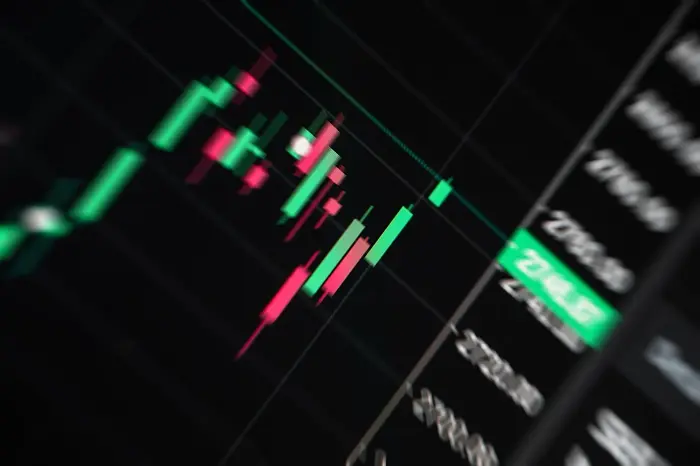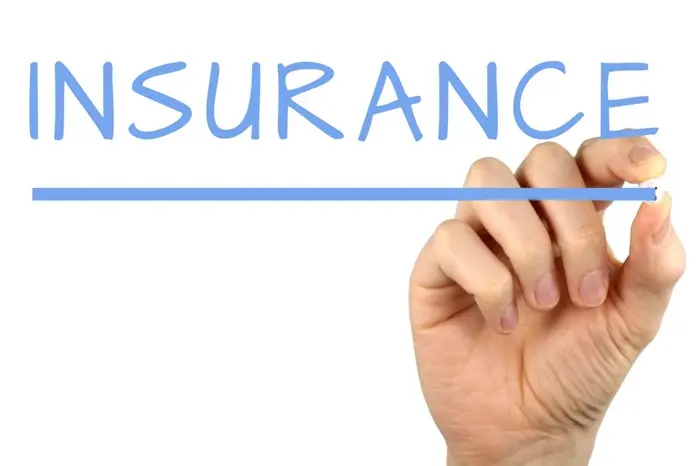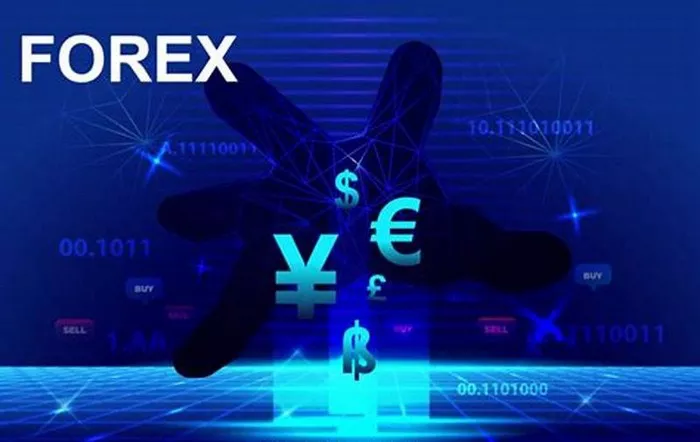UBS and Mizuho analysts cut their price targets on Tesla on Thursday, citing concerns that tariffs could weaken the entire auto industry.
Demand for electric vehicles is already weak, and sales could fall another 11% by 2025, according to UBS estimates.
Analysts also cut their price expectations for General Motors, Rivian and some auto suppliers.
Analysts cut their price targets on Tesla on Thursday amid concerns that tariffs will weaken the entire auto industry.
UBS cut its price target on Tesla (TSLA) to $190, predicting that the electric car maker’s vehicle deliveries will fall 11% in 2025. Mizuho analysts said tariffs would push up Tesla’s prices and weaken already weak demand, so they lowered their price target to $375. Analyst consensus estimates for Tesla shares are in the middle, around $327, nearly 30% above Thursday’s closing price, according to Visible Alpha.
“While consensus now expects lower earnings in 2025, we believe Tesla’s overall earnings trajectory remains too high…” UBS wrote in a note Thursday, adding that the stock price could be “volatile but trending to the downside.”
Tesla shares and the broader market have been volatile in recent days due to changes in U.S. trade policy. CEO Elon Musk’s moves to cut government spending have also impacted the automaker’s stock price. Tesla shares closed down more than 7% on Thursday, but are still up more than 40% from a year ago.
Although the Trump administration reduced tariffs on some U.S. trading partners this week, Chinese goods, including auto batteries and their components, are still subject to tariffs of more than 100%. Mizuho estimates that China still imposes a 25% import tax on cars, which will push up prices, discourage consumer purchases, and could reduce Tesla’s U.S. revenue by 3.5% in 2025.
UBS said: “While reducing reciprocal tariffs helps reduce the risk of recession/demand destruction, we note that auto tariffs are industry-specific and not subject to individual country trade negotiations. We believe these tariffs are likely to continue for the foreseeable future.”
Trade policy may usher in a “new era” for the auto industry
UBS analysts said industry-specific tariffs could increase vehicle costs by an average of $5,000 and reduce domestic demand by 9%. They have taken into account the current 25% tariff on cars and the 25% import tax on parts that is scheduled to take effect early next month. UBS said these trade policies may usher in a “new era” for the US auto industry.
UBS said: “Production may be disrupted… supply chains that have been optimized for decades may need to be reimagined.”
Mizuho Bank estimates that tariffs may also reduce General Motors’ (GM) domestic annual revenue by 4% and Rivian Automotive’s (RIVN) domestic annual revenue by 3.5%. Mizuho Bank and UBS both lowered their stock target prices for GM, Rivian and several auto suppliers.
GM shares fell 4% on Thursday, while Rivian shares fell 2.6%.
Related topics:


































